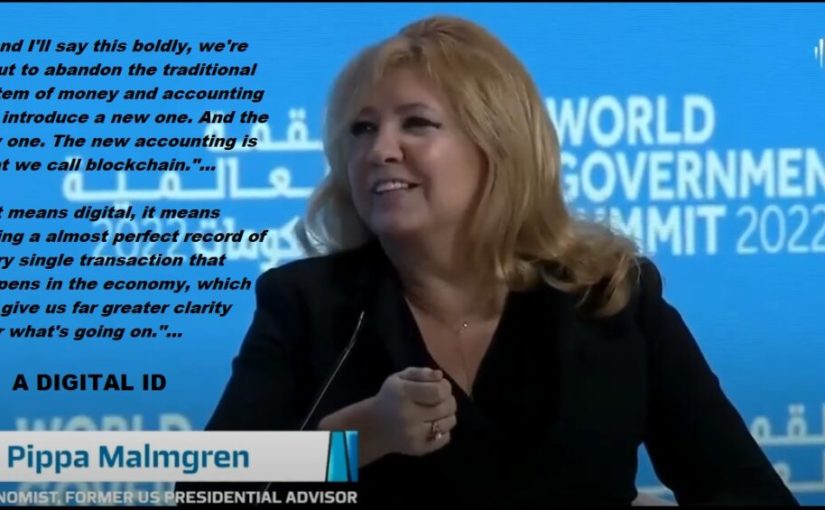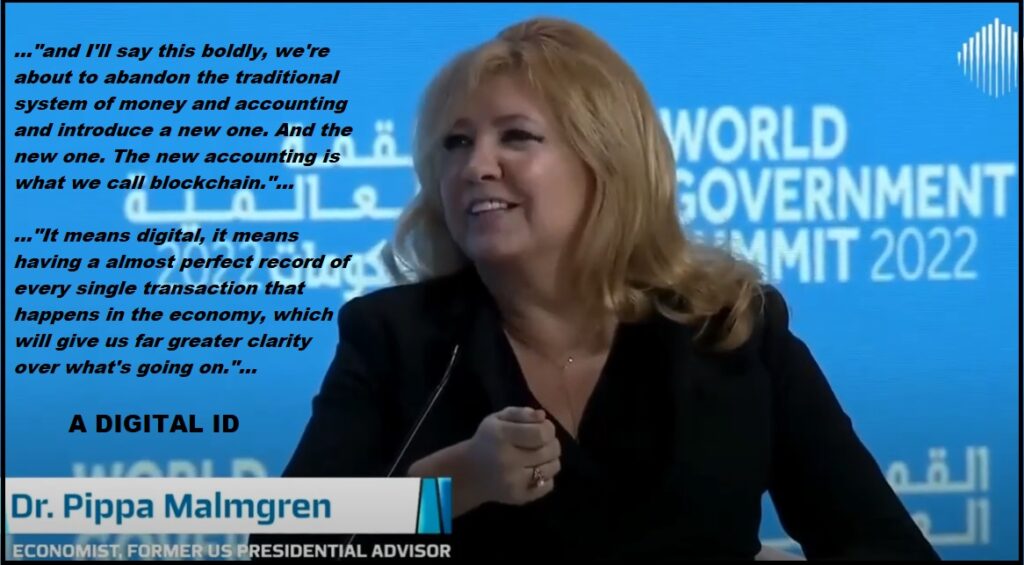by Leo Hohmann, Leo Hohmann:

The Central Bank of Nigeria announced it will begin, effective in January, restricting cash withdrawals from banks and ATMs to just $45 per day as part of a push to move the country toward a cashless economy.
If this were a one-off, I wouldn’t bother writing about it. But it comes on the heels of mega-banks announcing similarly creepy new policies in recent months in China, India, Russia, Brazil, Sweden, the U.S. and many other nations, all pointing to an imminent switch over to a global digital money system.
TRUTH LIVES on at https://sgtreport.tv/
In the U.S., the Federal Reserve put out an announcement in November that it is launching a 12-week “pilot program” to test out a new central bank digital currency, or CBDC, with six major banks.
Thursday’s announcement in Nigeria is also a big deal because Nigeria is one of only nine countries that have already launched an official CBDC. That happened earlier this year, and now they are already moving to restrict the use of cash. This proves that digital currencies were never designed to function alongside paper currencies but rather to replace them.
Fox News reports that the Central Bank of Nigeria will limit weekly cash withdrawals to 100,000 naira ($225) for individuals and 500,000 naira ($1,124) for corporations, with a processing fee required to access more.
Haruna Mustafa, the central bank’s director of banking supervision, said cash withdrawals may be permitted in “compelling circumstances, not exceeding once a month.”
Isn’t that nice of him?
It’s almost that bad here in the U.S. Try going to your bank and telling them you want to withdraw as little as $5,000 and you will discover that you are required to basically state your case and prove you also have a legitimate “compelling” reason for wanting that much cash.
Of course it’s all for our own good, right? “Safety and security,” they tell us.
Policymakers in Nigeria say the limits on cash withdrawals along with the country’s new digital currency will “bring more people into the banking system and curb currency hoarding, illicit flows, and inflation,” according to Fox News.
Of course, it will do just the opposite, shutting more people out of the ability to buy and sell freely.
The same argument — fighting crime, money hoarding and inflation — could be made in any country in the world and it will be. But we all know the real reason has nothing to do with stopping crime or curbing inflation.
This is about going digital, and replacing cash with a more controllable, more trackable mode of exchange.
Remember what globalist economist Pippa Malmgren said at the World Government Summit in March of this year when she said the quiet part out loud, stating:
“We are on the brink of a dramatic change where we are about to, and I’ll say this boldly, we are about to abandon the traditional system of money and accounting and introduce a new one. And the new one; the new accounting is what we call blockchain… It means digital, it means having an almost perfect record of every single transaction that happens in the economy, which will give us far greater clarity over what’s going on.”

Nigeria’s economy is no different than any other in the sense that it relies heavily on informal activities outside the legal framework and government regulation, such as farming, street and market trade, flea markets, thrift stores, cab drivers, etc. In these businesses, cash is usually preferred for transactions because many lack bank accounts or just don’t want to fool with processing credit or debit cards.
The globalists know this and so they want to get everyone digitally marked and dependent on digital-only transactions for all their needs. That way they will know how much gasoline or heating oil you are consuming, how much meat you are consuming, and it will all be added to your carbon footprint by which you will be taxed for any usage over your allotted amount. If you persist in going over your allotted amount of food and fuel, you can now be controlled by simply cutting off the supply of digital money, which really isn’t money at all in the traditional sense. It’s more like a voucher system.



